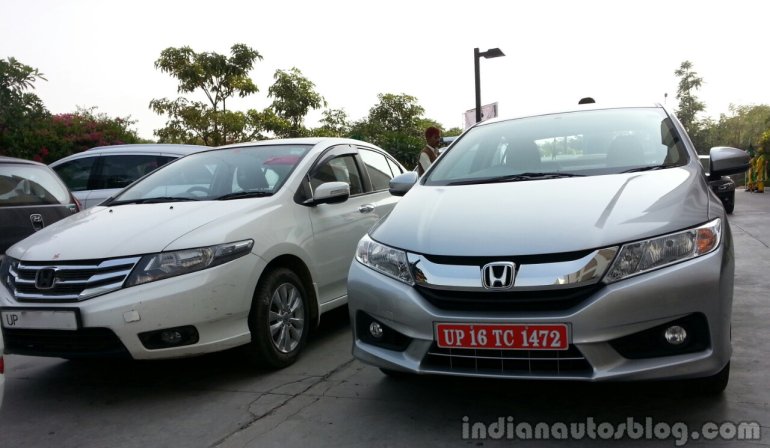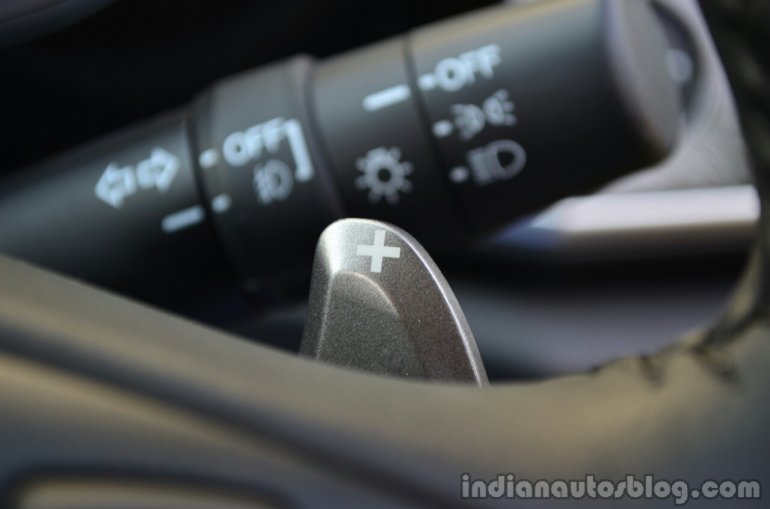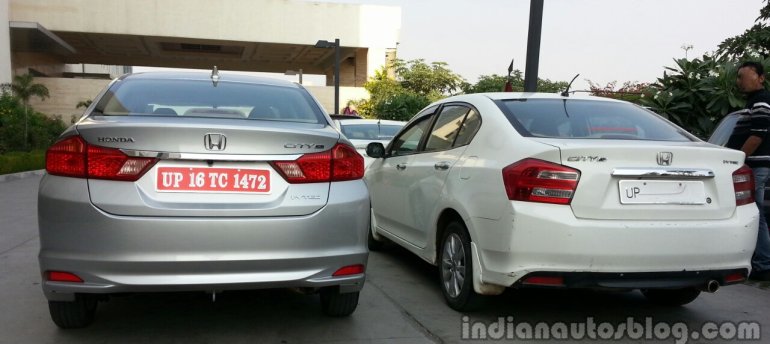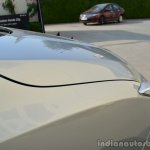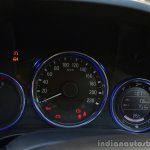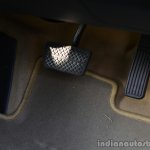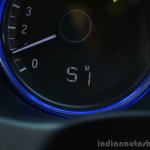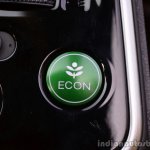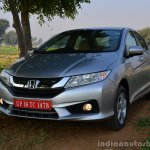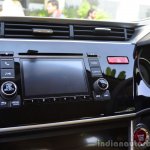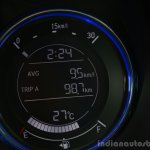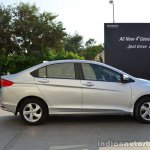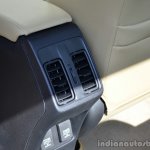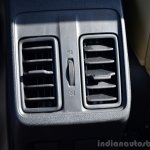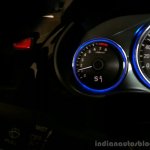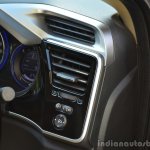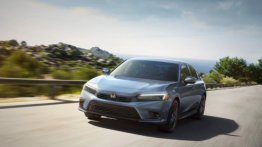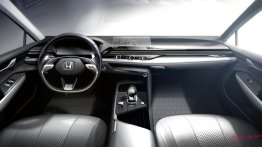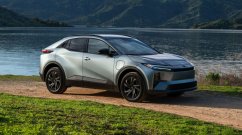This is the review of the new Honda City petrol MT and CVT automatic. To read the technical highlights of the new City, and our review of the new City diesel click here.
Honda City Petrol MT:
By now, you would have known that the new City petrol outputs 119 PS and 145 Nm of torque. While that may seem like a minor improvement of 1 PS and 1 Nm, there is no denying that it makes a small difference while driving the car.
The new City feels a bit more willing to rev than the older model. Though redlined at 6,500 rpm, the engine will comfortably rev past that to 7,000 rpm. To put that into perspective, the new City hits an indicated 100 km/h...in second gear! To put that into even larger perspective, even the Skoda Laura 1.8 TSI managed only 105 km/h in second.
While the City petrol is better used flatout, it will perform its duty soberly if need be. In stop-and-go traffic, the City’s easy-to-use nature ensures you’re not tired by the time you reach your destination.
Is the City Petrol MT the best car in its segment?
Yes.
Honda City Petrol CVT:
For the City AT, Honda have ditched their conventional torque-converter transmission for a CVT unit. Before you start to think about the endless engine drone and rubberband effect, there is a silver lining here. Unlike other CVTs (such as the Scala/Sunny CVT), the City gets paddle shifters with 7 speeds.
[Note: Since this is a CVT, the transmission has seven stepped ratios. Gears as such are non existent in a CVT.]
What this means is that you can avoid the rubberband effect by simply pulling a paddle behind the steering wheel. The paddles work so well that I was driving in 7th at 70 km/h. And then there’s the added advantage of cruising in the highway in seventh gear.
In the normal ‘D’ mode, the engine revs to about 5,000 rpm each time you put your foot flat down. Then on, it takes a while until the speed of the car reaches the speed of the engine. This is perhaps the downside of the Nissan X-Tronic CVT found in the Scala and Sunny, as it takes an endless amount of time until you actually get going. Honda on the other hand have done a rather remarkable job in masking this rubberband effect, and even without the paddle shifters, the City CVT feels quick.
Is the City CVT the best automatic petrol in its segment?
I think the Vento TSI is a far better performer, and at INR 9.99 lakhs, its priced pretty decently. However, VW have been facing heating issues with respect to the DSG transmission in hot and humid places such as China, Japan and Singapore. To quote the company, the DSG needs to be “cooled by the wind” for effective operation. Therefore, in terms of reliability, the City CVT appears a better option on paper.
Ride and Handling:
The petrol variants of the City are lighter than the diesel model by about 100 kg. While steering the car, you have a feeling that the petrols are more nimbler and react quicker to a quick change in direction compared to their diesel sibling. Ride continues to be on the stiff side though.
Fuel Efficiency:
The City petrol MT claims 17.8 km/l, while the petrol CVT has a claimed 18 km/l. While driving the petrol MT flat out (like how it should be driven), we saw an average of 10 km/l. The CVT's figure was in the region of 12 km/l.
Pricing:
The outgoing City base petrol EMT was priced at INR 8.1 lakhs. Honda would be right in charging about INR 50,000-60,000 more for the new generation model given that its an all-new platform and is an improvement in all departments. The CVT, in my opinion, can command a premium of INR 1 lakh more than the City petrol MT. Do the math and my expectation is that Honda should price the base City petrol MT at INR 8.6-8.7 lakhs, while the base CVT should cost INR 9.8 lakhs.
What I Like:
- Enthusiastic petrol engine
- CVT minimizes rubberband effect
What I Dislike:
There is nothing I dislike about the City petrol.
